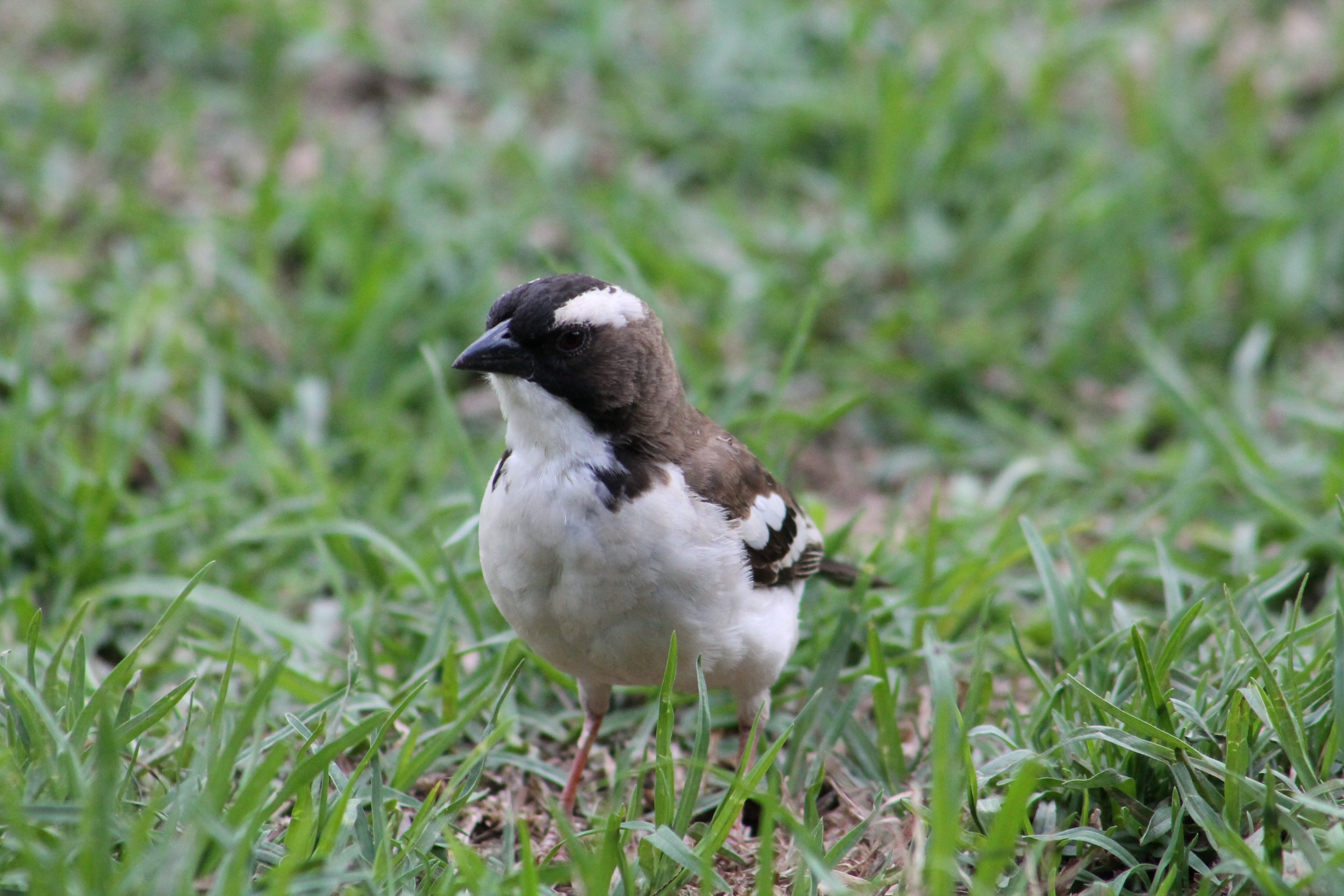
Over the next 100 years, the world will witness a shift towards smaller birds and mammals as the most adaptable species survive while others die out, according to research.
Scientists from the University of Southampton say that in the future, the animals which will predominate are likely to be small, fast-lived, highly-fertile, insect-eating creatures which can thrive in a wide variety of habitats, such as rodents and songbirds.
On the other hand, animals which live longer and require specific environmental conditions—such as the tawny eagle and black rhinoceros—are at high risk of going extinct, according to a study published in the journal Nature Communications.
"The extraordinary variation across the ecological strategies of mammals and birds certainly lured me into this study," Rob Cooke, lead author of the paper from Southampton, wrote in a blog post. "For instance, some large herbivores live for decades—for example, African elephants—while other small herbivores live fast and die young—such as mice, voles and agoutis.
"Hummingbirds show incredible adaptations to flight—they are the only birds that can fly backwards—to enable them to extract nectar from flowers, whereas the flightless Common ostrich uses size, speed and strength to survive the African savannas," he said. "Predators, such as lions, cooperate and hunt in packs. Primates often spend the majority of their life in the treetops. There is incredible diversity!"
The scientists made their projections using statistical tools, taking into account five different traits, or "life strategies," in 15,484 mammals and birds—including body mass, litter size, breadth of habitat, diet and length of time between generations—as well as information from the International Union for Conservation of Nature's Red List of Threatened Species.
"The diversity in 'life strategies' of birds and mammals is not only fascinating, it matters ecologically, as it's increasingly well known that the diversity and redundancy of such strategies is critical for maintaining the Earth's natural environments," Felix Eigenbrod, another author of the study told Newsweek.
In the study, the researchers predict that the average total body mass of mammals specifically will drop by 25 percent over the next century. This will represent a significant acceleration in the trend, given that since the last interglacial period around 130,000 years ago there has only been a 14 percent reduction in body size.
"It is known from previous studies that the largest species are most threatened by extinctions, so the shift to smaller species was not entirely surprising," Eigenbrod said. "However, as no one has looked at birds and mammals across lots of different aspects of their life history like this before, we actually didn't quite know what we would find, which is always exciting!"
"If—as predicted—the most threatened birds and mammals go extinct, we'll be left with species that are smaller, shorter lived, and more likely to eat insects than if a random selection of species went extinct," he said.
The researchers say that large mammals and birds, particularly ones with unusual natural histories, are actually the exception rather than the rule, but are often most threatened by human activities.
"By far the biggest threat to birds and mammals is humankind—with habitats being destroyed due to our impact on the planet, such as deforestation, hunting, intensive farming, urbanization and the effects of global warming," Cooke said in a statement.
"The substantial 'downsizing' of species which we forecast could incur further negative impacts for the long-term sustainability of ecology and evolution," he said. "This downsizing may be happening due to the effects of ecological change but, ironically, with the loss of species which perform unique functions within our global ecosystem, it could also end up as a driver of change too."
The researchers say that the latest findings provide a clear incentive and evidence to conserve highly threatened species with particularly unique combinations of life strategies.
Uncommon Knowledge
Newsweek is committed to challenging conventional wisdom and finding connections in the search for common ground.
Newsweek is committed to challenging conventional wisdom and finding connections in the search for common ground.
About the writer
Aristos is a Newsweek science reporter with the London, U.K., bureau. He reports on science and health topics, including; animal, ... Read more
To read how Newsweek uses AI as a newsroom tool, Click here.








